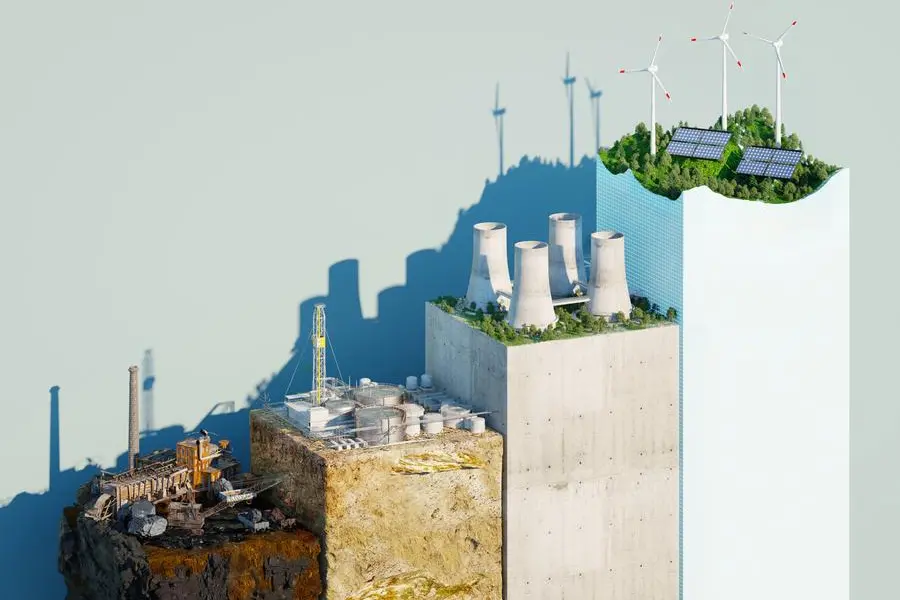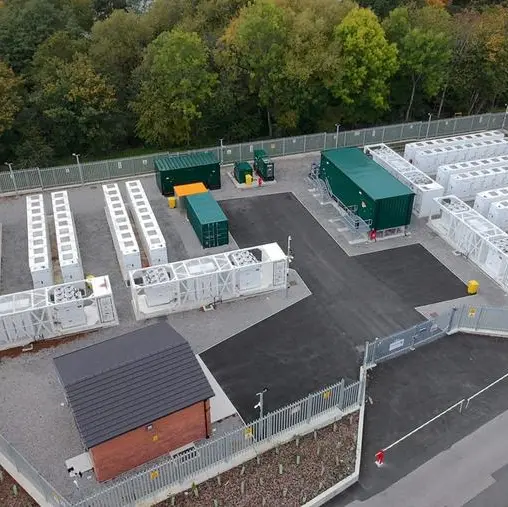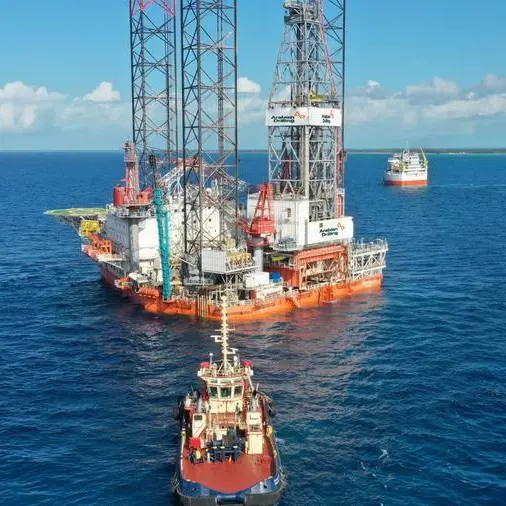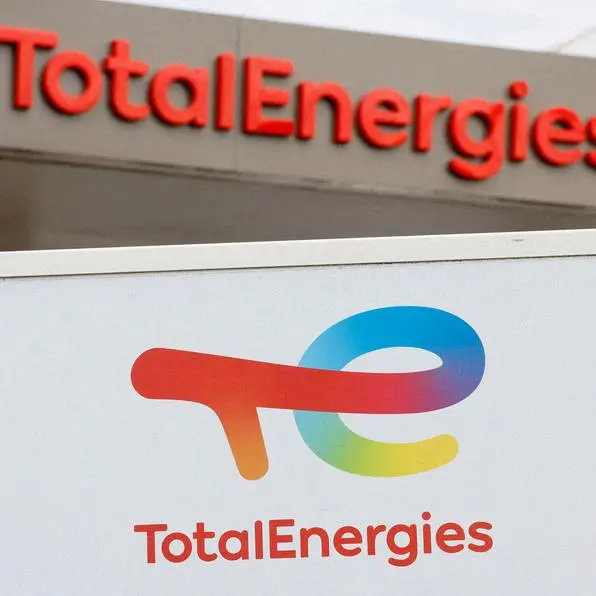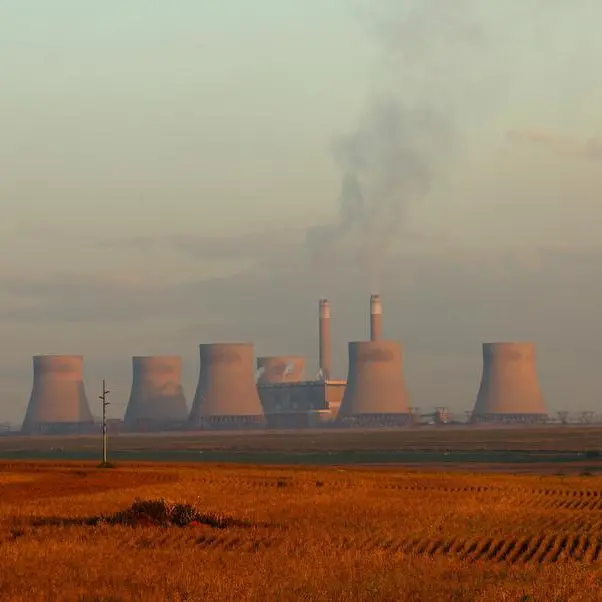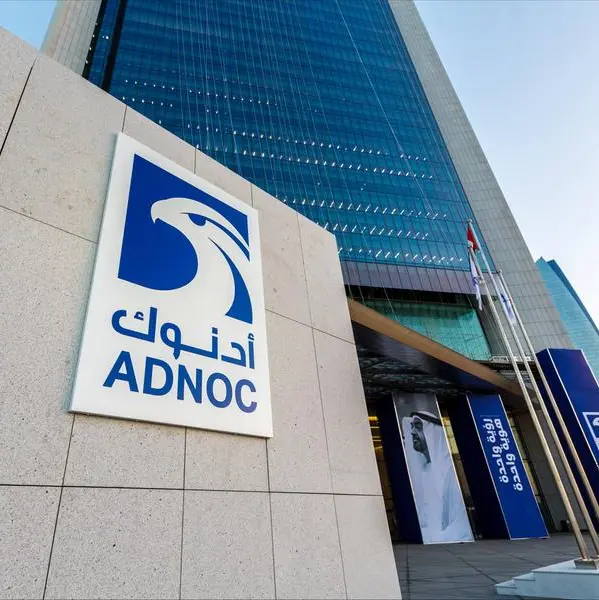PHOTO
The world will be held accountable when COP28 kicks off a week from today, bringing together leaders, decision makers and key players to determine the fate of the planet in a collective fight against climate change.
The picture is far from rosy, with last week’s UN report laying bare the inadequacy of current action plans by countries to limit the global temperature rise to 1.5 degrees Celsius, as outlined in the Paris Agreement.
As 80,000 delegates descend on Expo City Dubai between November 30 and December 12 to map out a new action agenda that will save communities from extinction, here’s a look at seven burning issues that will command urgent attention at the annual climate summit:
1.5 degrees Celsius
The latest report from the UN Climate Change finds national climate action plans insufficient to limit global temperature rise to 1.5 degrees Celsius, which would meet the goals of the Paris Agreement. Even with increased efforts by some countries, the report shows much more action is needed now to bend the world’s emissions trajectory further downward.
The latest science from the UN’s Intergovernmental Panel on Climate Change indicates that greenhouse gas emissions need to be cut 43% by 2030, compared to 2019 levels. This is critical to limit temperature rise to 1.5 degrees Celsius by the end of this century and avoid the worst impacts of climate change, including more frequent and severe droughts, heatwaves and rainfall.
Net zero
Fewer than one in five companies (18%) are currently on track to reach net zero emissions in their operations by 2050, and over a third (38%) say they cannot make further investments in decarbonisation in the current economic environment, according to a new global report from professional services firm Accenture.
Current national climate plans – for 195 parties to the Paris Agreement taken together – would lead to a sizable increase of almost 9% in global greenhouse gas emissions by 2030, compared to 2010 levels. To keep global warming to no more than 1.5°C, as called for in the Paris Agreement, carbon dioxide emissions need to be reduced by 45% by 2030 and reach net zero by 2050, according to the UN.
To make this happen, COP28 will have to develop stronger standards for net-zero pledges by governments and the private sector and speed up their implementation.
Extreme weather
“Wildfires in the US, Canada and Europe; floods in Libya; communities facing extinction are all extreme weather events that have unravelled this year and painted a grim picture of the climate crisis unfolding around us,” said Yahya Anouti, PwC’s Partner at Strategy& and Sustainability Leader, told Zawya earlier.
The Fulbright fellow’s remarks echo those made by climate experts in the lead up to COP28.
Anouti said the annual climate summit was a much-needed “milestone event” to take sustainable action that would bring balance to the “nascent ecosystem” around us.
Climate finance
Mobilising $100 billion a year is essential for developing countries to take climate action, both to adapt to climate change and to cut emissions, according to the UN. The money is supposed to come from wealthier countries as well private funds generated by public interventions.
While the $100 billion goal has yet to be reached, the distribution of funds has also not been equitable in the past. In 2020, data by the Organisation for Economic Co-operation and Development (OECD) revealed developed countries provided $83.3 billion, but only 8% of the total went to low-income countries and about a quarter went to Africa, even though both are highly vulnerable to climate change and home to the majority of people in poverty.
With half the world’s population now living in the climate “danger zone”, where people are 15 times more likely to die from climate impacts, UN Secretary-General António Guterres has called for doubled finance for adaptation. Will COP28 deliver on this hope? That remains to be seen.
Renewable energy
Fossil fuels such as coal, oil and gas are by far the largest contributor to global climate change, accounting for over 75% of global greenhouse gas emissions and nearly 90% of all carbon dioxide emissions.
To end the reliance on fossil fuels, countries like the UAE have been investing in alternative sources of energy. In July, the UAE announced that it plans to triple its supply of renewable energy and invest up to $54 billion over the next seven years to meet its growing energy demands.
The pressure will be on at COP28 for other countries to make similar pledges to end the reliance on fossil fuels.
Bold action
Stiell, the UN Climate Change Executive-Secretary, said in a statement that COP28 had to be “a clear turning point,” to take decisive action. “Governments must not only agree what stronger climate actions will be taken but also start showing exactly how to deliver them.”
“Every fraction of a degree matters, but we are severely off track. COP28 is our time to change that,” Stiell added. “It’s time to show the massive benefits now of bolder climate action: more jobs, higher wages, economic growth, opportunity and stability, less pollution and better health.”
Sultan Al Jaber, COP28 President Designate, also stressed the need for delivering on past promises. “COP28 must be a historic turning point in this critical decade for parties to seize the moment of the global stocktake to commit to raise their ambition and to unite, act and deliver outcomes that keep 1.5C within reach while leaving no one behind,” he said in a statement.
(Reporting by Bindu Rai; editing by Seban Scaria)
